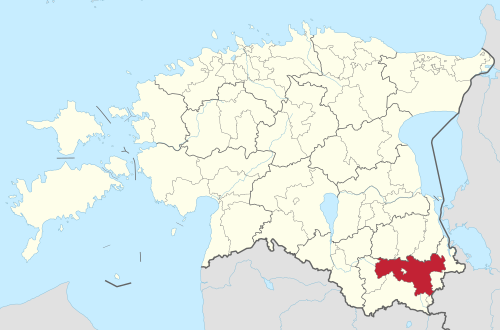We collaborated with the International Foundation for Integrated Care (IFIC), which conducted a large-scale research project on the coherence of stroke treatment paths on behalf of the European Commission. In the course of IFIC’s research, stroke pilot projects have already been initiated in various Estonian hospitals, one of the results of which, for example, included adding stroke coordinators as specialists in the stroke treatment journey.
Our contribution to the study was to map the knowledge and understanding of the smooth treatment journey of all specialists involved in post-stroke treatment, areas of responsibility and cooperation with other specialists as well as the patient and relatives. Among them, the goal was to find the main bottlenecks that currently prevent the stroke survivor from providing the most effective and comprehensive rehabilitation.
During the study, we conducted a survey in various Estonian hospitals and interviewed the most important specialists involved in the post-stroke treatment journey, including neurologists, occupational therapists, stroke nurses, psychologists, social workers and family doctors.
As a result of the research, we prepared a report in which we highlighted both the strengths of post-stroke treatment and rehabilitation in Estonia, as well as the shortcomings in the organization of the treatment journey, which by paying attention to, stroke patients could receive more coherent and effective help in the future.




